10 Books You Need if You Want to be a Myers-Briggs® Expert
Do you like typing people in your free time? Do you like learning more about how your mind works and where your strengths and weaknesses lie? Do you really care about accuracy in your assessments of people? If so, you definitely will want to check out this list of 10 essential books about personality type. I’ve learned at least 100 times more from these books than I ever learned from the MBTI® practitioners course. I’ve read over 50 books on personality type and these 10 are the absolute essentials you’ll need if you want to have a well-rounded view and perspective of Myers-Briggs® or Jungian type theory.
Not sure what your personality type is? Take our new personality questionnaire here. Or you can take the official MBTI® here.
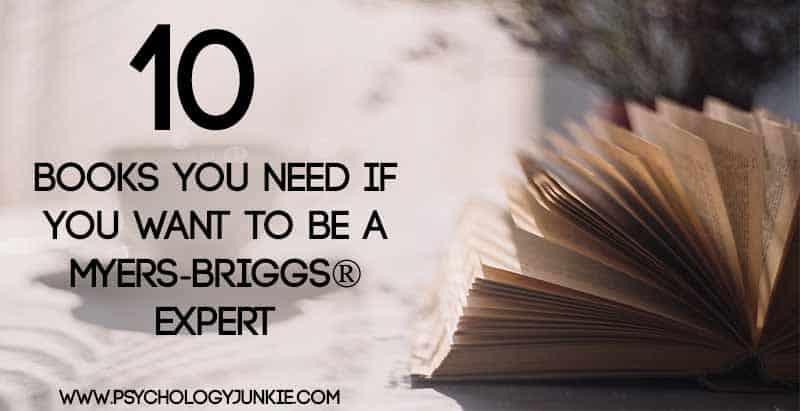
This post contains affiliate links. I only recommend books I truly believe in.
10 Books You Need to Read if You Want to be a Myers-Briggs® Expert
#1 – Psychological Types (The Collected Works of C. G. Jung, Vol. 6) (Bollingen Series XX)
You really can’t have a true grasp of type theory without starting at the source, and that’s where Psychological Types comes in. Famed Swiss psychiatrist Carl Jung wrote this book after decades of research and experience with people from all walks of life and with all kinds of backgrounds. He gets in-depth and brutally honest about the cognitive functions and the good and bad sides of each of them. Jung called this book “the fruit of nearly twenty years’ work in the domain of practical psychology”. He provides the depth, and experienced wisdom that many other books about type lack. Be prepared, however. Psychological Types might shake up some pre-conceived notions about type and some over-simplified meanings you’ve heard elsewhere, so get ready to have your understanding of type altered and expanded! Find out more about this book, or order it for yourself: Psychological Types (The Collected Works of C. G. Jung, Vol. 6) (Bollingen Series XX)
#2 – Gifts Differing: Understanding Personality Type
Isabel Briggs-Myers knew that Jung’s work on personality type was heavy reading and rather confusing to a lot of people. She sought to simplify and compound his work into something more understandable and with a practical application. In comparison to Psychological Types, Gifts Differing seems a little “watered down”, but it’s still full of wisdom, insight, and easy-to-understand descriptions of the cognitive functions and the types themselves. This book also talks about how your type develops with age and type development in children. Find out more here: Gifts Differing: Understanding Personality Type
I just bought this book a couple of months ago, and I don’t know how I lived without it before! Hunziker and Haas describe and give examples of the cognitive functions that are so well-rounded and easy to understand! Building Blocks of Personality Type explains how to identify each of the cognitive functions in yourself and how to identify the functions in others. It also goes WAY beyond the basics and addresses the shadow functions, problem-solving using type, managing change, improving communication, and more! This book is one I’ve been picking up again and again to refresh my understanding of type and get a deeper look at what it would be like to live as any of the personality types. Find out more here: Building Blocks of Personality Type: A Guide to Discovering the Hidden Secrets of the Personality Type Code
#4 – The MBTI® Manual – Third Edition
Feel like stifling the rumors that the MBTI® is a bunch of baloney? Then you absolutely need the official MBTI® Manual. This book contains the results of hundreds of studies on the reliability and validity of the MBTI®. Does that sound boring? Well, then there’s a lot more to discover here! You can get in-depth descriptions of each type, find studies that link type to IQ scores, SAT scores, stress, leisure activities, and coping skills. You can actually see brain scans that show the difference between the introverted and extroverted brain. You can find out what job preferences different types have and how well they tend to do in college! This book is full of decades-worth of research about how type manifests in real life from childhood through adulthood. If you want a bunch of statistics, data, and research on the MBTI® instrument and theory, then this book is indispensable. Find out more here.
#5 – Neuroscience of Personality: Brain Savvy Insights for All Types of People
If you want to get down to the nitty-gritty science behind your personality type, this is the book to read! Author Dario Nardi is a UCLA professor and expert in the field of neuroscience. His book will open your eyes to the unique brain activity of each type and will show you the actual scientific evidence for Jung’s theories! You’ll find out which personality types are the best (and worst) listeners, which types naturally take charge, and how different types find “flow”. You’ll see the different brain regions that get the most use from each type as well. This book has visuals and diagrams to really help you understand how we all use our brains differently. Find out more here: Neuroscience of Personality: Brain Savvy Insights for All Types of People
#6 – Please Understand Me II: Temperament, Character, Intelligence
David Keirsey’s groundbreaking work on personality type is considered highly controversial among many type enthusiasts. Keirsey sorted the personality types into temperaments (NTs, NFs, SPs, SJs) and he also didn’t delve into the cognitive functions, which is considered a travesty to many people. There are a number of people I know who’ve disregarded his work completely for that reason alone. While I’m a firm believer in the importance of the cognitive functions, I also believe that Keirsey discovered some amazingly accurate things about type during his 20 years as an educational psychologist. His type profiles are so in-depth and beautifully written that it’s almost scary. He goes back in history and finds connections between type and historical figures like Hippocrates, Galen, George Washington, and Mohandas Gandhi. He talks about the different types of intelligence that he’s witnessed by observing hundreds of individuals as a psychologist. Please Understand Me has been used in governments, churches, schools, and colleges across the nation as a vital resource for better understanding of others. It’s easy-to-read, hard to put down, and invaluable if you want to have a fuller understanding of not just type, but temperament. Find out more here: Please Understand Me II: Temperament, Character, Intelligence
#7 – Depth Typology: C. G. Jung, Isabel Myers, John Beebe and The Guide Map to Becoming Who We Are
Ready to go deep into the shadow processes of personality type? If you’re tired of the basics and want to really get into some heavy-duty theory about the whole-psyche dynamics of type, then this book is essential. This book will show you how you use your non-preferred functions, and how you might have difficulty relating to other types because they are triggering your shadow functions. This book discusses the power and use of each cognitive function, as well as how it can be expressed depending on its placement in your function stack. Hunziker talks about archetypes, culture and personality type, and how to develop yourself fully as an individual using each function at your disposal. This book is heavy reading, and definitely not for newbies to type theory, but if you’re ready to take the dive, you’ll get a lot out of it! Find out more here: Depth Typology: C. G. Jung, Isabel Myers, John Beebe and The Guide Map to Becoming Who We Are
#8 – Nurture by Nature: Understand Your Child’s Personality Type – And Become a Better Parent
As a mother of four (going on 5) this book has been invaluable to me! Its pages are worn and dog-eared from over 11 years of use. While I think that Paul D. Tieger and Barbara Barron-Tieger sometimes over-simplify type by relying more on dichotomies than functions, I do find that their type descriptions for children are extremely accurate and helpful. Nurture by Nature talks about how to identify your child’s type, how to communicate with your children more effectively, and how their type might manifest differently depending on the child’s age. If you are a parent, a teacher, or a child psychologist, this book is going to be a favorite resource, I guarantee it! Find out more here: Nurture by Nature: Understand Your Child’s Personality Type – And Become a Better Parent
#9 – Functions of Type: Activities for Developing the Eight Jungian Functions
Do you want to develop your cognitive functions with easy, everyday activities? Functions of Type gives amazing descriptions of the cognitive functions, and also gives dozens of ways to develop them and utilize them in everyday life. If you want to become more well-rounded and conquer some of your weaknesses, this book is essential. You can go through the book and score how well you use each function by answering some simple questions, and then you can find out whether or not you need to work on developing those functions, and how to do it! Find out more here: Functions of Type: Activities for Developing the Eight Jungian Functions
#10 – My True Type: Clarifying Your Personality Type, Preferences & Functions
If you’ve ever struggled with settling on your type or finding the type of another person, this book is a great resource! Dr. A.J. Drenth gives clear, understandable descriptions of the functions and differentiates them from each other in a way that is easy to identify and connect with. If you’ve been having a hard time figuring out whether you’re an introverted sensor or an extraverted sensor, an introverted or extraverted intuitive, or what type of feeling or thinking you use, than this book can really help you quickly. Find out more here: My True Type: Clarifying Your Personality Type, Preferences & Functions
Books I’ve Written About Type
If you want to check out the books I’ve written about type, you can check them out in my shop. I haven’t listed them in my top 10 list simply because they are related to one specific type (the INFJ) or a specific set of issues (stress) and are not exactly essential if you want to be an expert on type in general.
Other Articles You Might Enjoy!
What Each Myers-Briggs® Type Needs in a Relationship
How You Use Your Brain – Based on Your Myers-Briggs® Personality Type
A Beginner’s Guide to Identifying Someone’s Myers-Briggs® Personality Type
How to Communicate Effectively with Any Myers-Briggs® Personality Type
Subscribe to Our Newsletter

Want to discover more about personality type? Get the inside scoop with Susan Storm on all things typological, along with special subscriber freebies, and discounts on new eBooks and courses! Join our newsletter today!





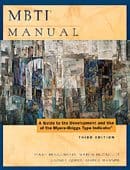








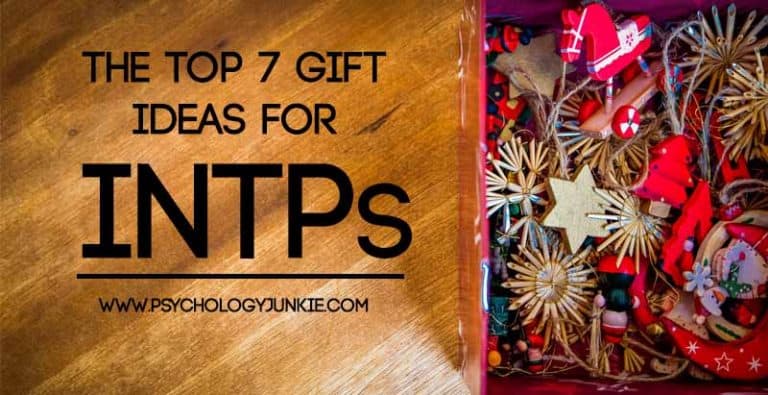
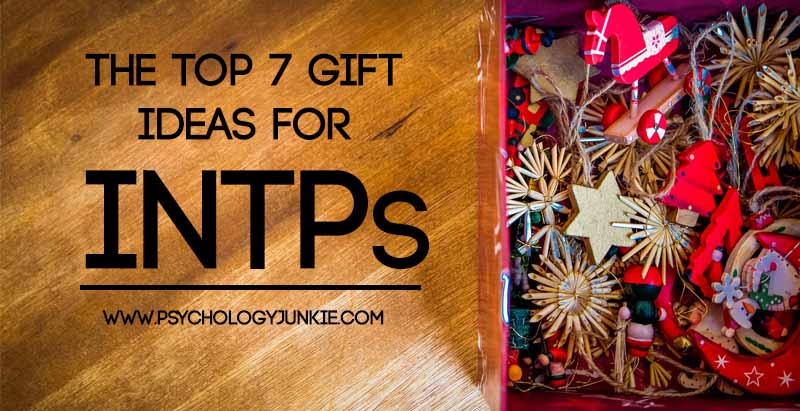


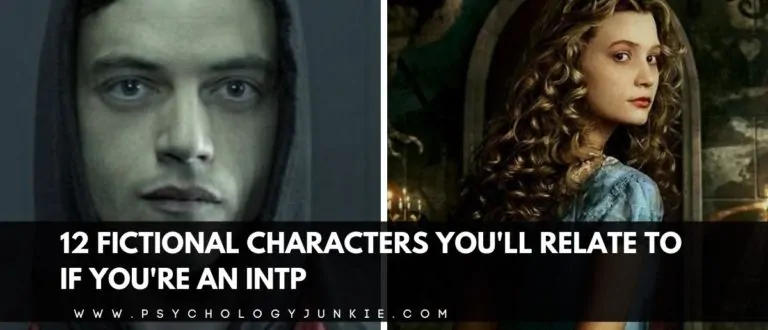
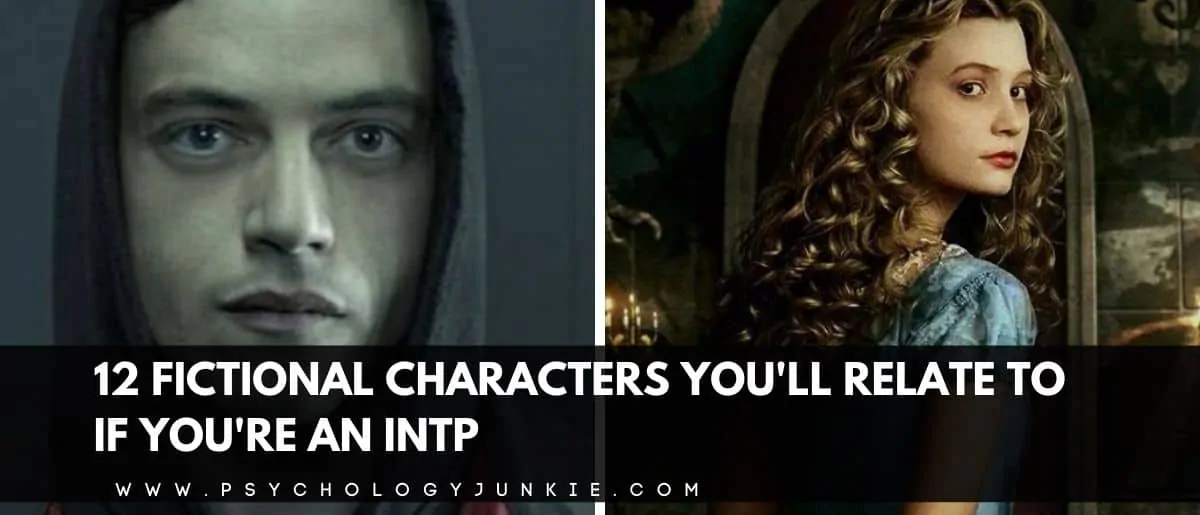

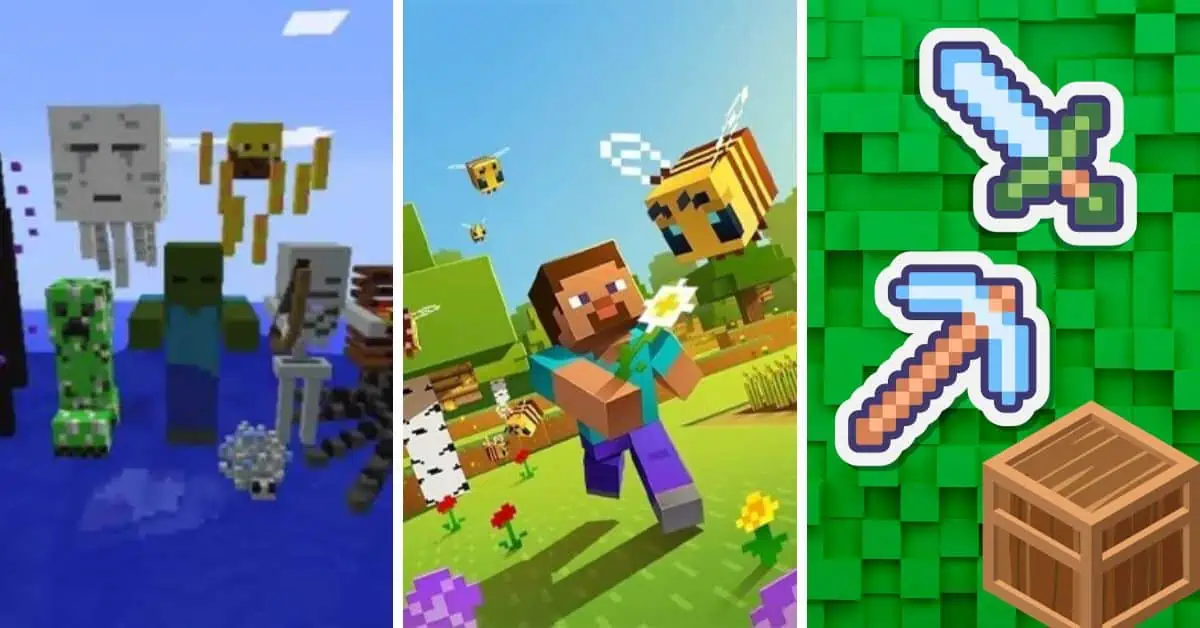


Interesting logical order, thanks for the book referencing, this is so useful
Thank you so much for making this!! They’re all on my Amazon wishlist now 🙂 I can’t wait to LEARN!!!!
I hope you enjoy them!!! 🙂
Does any of these books assert that MBTI is an exact science if we know absolutely oneself?
MB is not accurate,
Nice argumentation, I think you convinced everyone 🙂
Hi Susan,
I already have #1, #2, #5, and #6, and I have #4 on my wish list. Over the past year, since I first learned about personality typing, I have also found the following selections to be very profitable in understanding what Jung offered publicly to the world in 1921 when Psychological Types was first published. In no particular order:
Energies and Patterns in Psychological Types by John Beebe
Was That Really Me? by Naomi Quenk
Do What You Are by Paul Tieger, et.al.
The Introvert Advantage How to Survive in an Extrovert World by Marti Laney
I have several others by Louise-Marie von Franz on my immediate wish list.
By the way, if I might add one small suggestion to your excellent summary of Psychological Types to the reader just beginning that volume, please read the Foreward and the Introduction and follow Professor Jung’s advice to pay particularly close attention to Chapters 2 and 5 if you really want to understand his thought and intent.
In the meantime, I will acquire the other six volumes on your list. Thank you for the recommendations.
Gilbert
P.S.
Dear Susan, (or Dear Moderator, 🙂
I commented (wrote a small book) last week on your post, The Unhealthy INFP. I noticed that you did not approve it. I’d love to think that you’re researching my initial conclusions to verify their merit, but I knew not to hold my breath. I apologize if I caused offence, and if I did, please offer brutally honest feedback. I’d like to give back, and I would really appreciate your perspective. If you’re hammered on an hourly basis by other seemingly heartfelt do-gooders, or just plain psychopaths, (investigate me at https://www.linkedin.com/in/gilbert-sanford-infp) and you don’t have time or space for me, I understand. I’m just excited enough about all of this to be brave enough to knock on your door. Why? Because I don’t know anyone else with whom I can discuss these things, at least in Dothan, Alabama. In the past, 20 years ago, my professors were my friends–they alone could tolerate my INFP primal need for probing and plumbing the depths of deepest understanding through exhaustive, untiring, relentless research (Way to go, Team Fi and Ne!) If I don’t hear from you, I won’t impose any further on your time and intelligence. I know I’m a little too much for most people on this planet. Been that way most of my almost 56 year old life. It sure would be nice not to have to hold back every once in a while. Thank you for doing what you do.
Gilbert
Thank you sooo much for this list. Was really looking for some useful books and didn’t know how to findout if the content is what indeed.
Already have 4 or 5 of them in tbr list:)